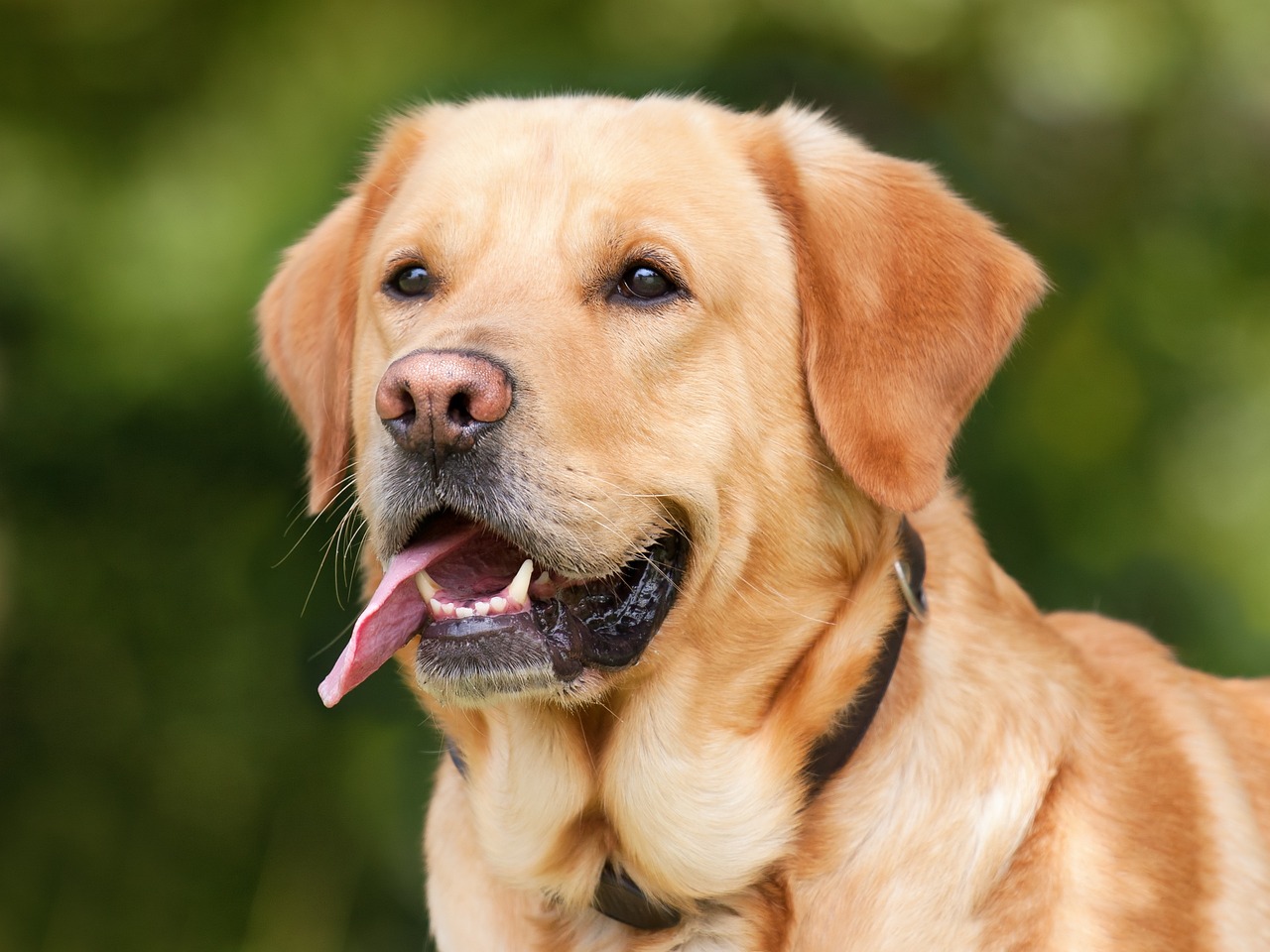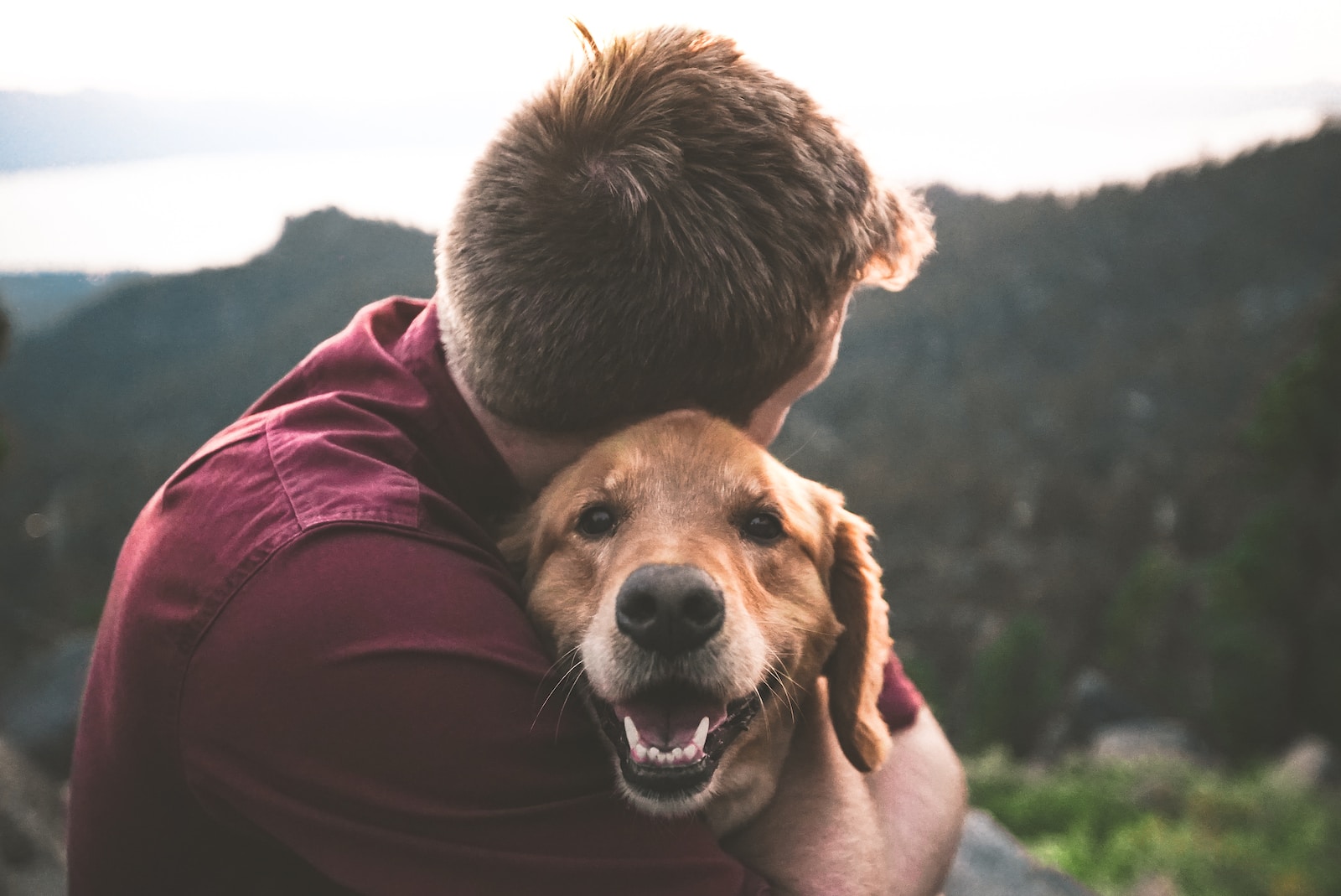Welcome to our blog where we delve into the intriguing world of “Hiccups in Dogs.” As dog owners, it’s natural for us to be concerned when our furry pals encounter strange bodily phenomena. Hiccups, though typically harmless, can leave us puzzled and curious about their causes, duration, and possible remedies. Join us as we explore the fascinating realm of canine hiccups, unraveling the mysteries behind these perplexing occurrences and shedding light on how to handle them with care.
This article aims to provide an objective and informative overview of dog hiccups, including common triggers, recognition signs, potential underlying health issues, and tips for relieving them. By understanding these aspects, pet owners will be equipped with the knowledge to ensure their furry friends’ comfort and well-being.
So let’s delve into the fascinating world of dog hiccups and explore ways to alleviate this minor inconvenience for our loyal companions.
Key Takeaways
- Hiccups in dogs are generally harmless and resolve on their own.
- Common triggers for hiccups in dogs include excitement, stress, eating or drinking too quickly, and temperature changes.
- A veterinarian should evaluate persistent or severe hiccups in dogs.
- Prevention and management strategies for dog hiccups involve addressing the underlying cause, such as feeding smaller meals and creating a calm environment during mealtime.

The Causes of Hiccups in Dogs
The causes of hiccups in dogs can be attributed to various factors. Hiccups occur when there is an involuntary contraction of the diaphragm, followed by a sudden closure of the vocal cords. This can be triggered by excitement, stress, eating or drinking too quickly, swallowing air while eating or drinking, or even changes in temperature.
Additionally, underlying medical conditions such as gastrointestinal disorders, respiratory problems, or even certain medications can contribute to hiccups in dogs.
Symptoms of hiccups in dogs may include repetitive and rhythmic contractions of the diaphragm accompanied by a characteristic ‘hic’ sound. In most cases, these episodes are short-lived and resolve independently without treatment. However, if hiccups persist for an extended period or become more frequent and severe, it is recommended to consult a veterinarian for further evaluation.
Prevention and management strategies for dog hiccups primarily involve addressing the underlying cause. This may include feeding dogs smaller meals at regular intervals instead of large portions to prevent overeating and swallowing air.
Ensuring a calm environment during mealtime can also reduce stress-induced hiccups. It is important to note that home remedies like startling or scaring the dog should be avoided as they can cause additional stress and potentially worsen the condition.
Understanding the causes and symptoms of hiccups in dogs is essential for their overall well-being. Pet owners can effectively manage this common phenomenon in their canine companions by implementing appropriate prevention measures and seeking veterinary advice when necessary.
Common Triggers for Hiccups in Dogs
Common triggers of canine hiccups include sudden excitement, vigorous exercise, and consuming food or water too quickly. These common triggers for hiccups in puppies can cause the diaphragm to contract involuntarily, resulting in the characteristic sound of hiccups.
To prevent hiccups in dogs, it is important to address these triggers. First, avoiding situations that lead to sudden excitement or overstimulation can help reduce the occurrence of hiccups.
Secondly, providing regular exercise but ensuring it is not too intense or prolonged can also minimize the chances of hiccups.
Lastly, feeding dogs smaller meals and encouraging them to eat slowly using puzzle feeders or spreading their food across a larger area can prevent them from quickly gulping down their food and water.
By being mindful of these common triggers and taking preventive measures, dog owners can help alleviate their furry companions’ discomfort caused by hiccups.
How to Recognize When Your Dog Has Hiccups
One key aspect of understanding canine hiccups is recognizing the subtle signs that indicate your furry companion is experiencing this common physiological phenomenon.
Dogs may exhibit various behaviors when they have hiccups, including repeated spasms or contractions of the diaphragm accompanied by a distinct ‘his’ sound.
These episodes are usually short-lived and resolve independently within a few minutes. However, if the hiccups persist for an extended period, it may be necessary to consult with a veterinarian, as this could indicate an underlying health issue.
In most cases, dog hiccups are harmless and do not require any intervention. It is important to note that while hiccups can be uncomfortable for dogs, they typically cause no lasting harm or discomfort.
Should You Be Concerned About Your Dog’s Hiccups?
It is worth considering if your dog’s hiccups are cause for concern. While hiccups are generally harmless and common in dogs, it is important to be aware of any potential impact on their health.
Here are some factors to consider:
- Frequency: Occasional hiccups are normal, but if they occur frequently or persist for a long time, it may indicate an underlying issue.
- Discomfort: If your dog appears uncomfortable or distressed during hiccups, it could be a sign of discomfort or pain.
- Breathing difficulties: Hiccups can sometimes affect a dog’s breathing pattern, which may lead to respiratory problems.
- Digestive issues: Sometimes, hiccups can be related to digestive issues such as acid reflux or swallowing air while eating.
- Overall health: Consider your dog’s overall health and any other symptoms they might be experiencing.
While most cases of hiccups in dogs resolve independently without treatment, it is always wise to consult a veterinarian if you have concerns about your pet’s well-being.
Tips for Relieving Your Dog’s Hiccups
To alleviate your canine companion’s hiccups, implementing gentle methods such as offering small sips of water or distracting them with engaging activities can prove effective.
Dog hiccups are a common occurrence and are usually harmless. However, if they persist for an extended period or are accompanied by other symptoms such as coughing or difficulty breathing, it is advisable to consult a veterinarian.
Several natural remedies can help relieve your dog’s hiccups. Massaging their diaphragm gently or spooning them plain yogurt may provide relief. Allowing your dog to rest in a quiet, comfortable environment can also help calm their hiccups.
Remember that prevention is key; avoiding sudden changes in food or water intake, feeding smaller meals more frequently, and ensuring regular exercise can minimize the occurrence of hiccups in dogs.
Preventing Hiccups in Dogs
Implementing a consistent routine of regular exercise, gradual changes in food and water intake, and providing smaller meals at more frequent intervals can effectively reduce the occurrence of hiccups in canine companions.
Preventing hiccups in puppies involves creating a stable environment that minimizes stressors and promotes overall well-being. Regular exercise helps to maintain proper digestion and prevent gastrointestinal issues that can lead to hiccups.
Additionally, gradually introducing new foods and ensuring adequate hydration can help avoid sudden dietary changes that may trigger hiccups. Providing smaller meals at more frequent intervals helps prevent overeating, a common cause of hiccups in dogs.
Furthermore, natural remedies for dog hiccups include offering small sips of water or gently massaging the dog’s throat to alleviate discomfort.
By implementing these preventative measures, pet owners can minimize the occurrence of hiccups in their furry companions and promote their overall health and happiness.

Can Hiccups Indicate an Underlying Health Issue?
Regarding hiccups in dogs, it is important to consider whether they could indicate an underlying health issue. While hiccups are usually harmless and temporary, they can occasionally be a symptom of an underlying condition. Dog owners must pay attention to their pet’s hiccups’ frequency, intensity, and duration.
If hiccups become persistent or are accompanied by other concerning symptoms such as coughing, difficulty breathing, or lethargy, it may indicate an underlying health problem. In such cases, seeking veterinary advice is recommended.
Treatment options for underlying health conditions causing hiccups will depend on the specific diagnosis and may include medication, dietary adjustments, or lifestyle changes.
It is always best to consult a veterinarian who can provide appropriate guidance and care for your furry companion.
Markdown list:
1) Monitor the frequency and intensity of your dog’s hiccups.
2) Look for any accompanying symptoms that suggest an underlying health issue.
3) Consult with a veterinarian for proper diagnosis and treatment options.
When to Consult a Veterinarian About Your Dog’s Hiccups
It is essential to seek veterinary advice if your dog’s hiccups persist or are accompanied by other concerning symptoms, as this may indicate an underlying health problem. While occasional hiccups in dogs are usually harmless and resolve independently, persistent or frequent hiccups could indicate an underlying issue requiring medical attention.
Consulting a veterinarian about your dog’s hiccups is important because they can provide expert guidance and determine the cause. They can rule out potential health problems, such as gastrointestinal or respiratory conditions, that may contribute to the hiccups.
Additionally, a veterinarian can advise on appropriate home remedies to alleviate your dog’s hiccups. These remedies may include gentle massage or changing their eating habits. However, it is crucial to consult with a veterinarian before attempting home remedies to ensure they are safe and suitable for your dog.
By seeking veterinary advice and following their recommendations, you can ensure that your dog receives proper care and address any underlying health concerns related to their hiccups.
| Pros of Veterinary Advice | Cons of Home Remedies |
|---|---|
| Expert guidance | Potential risks |
| Accurate diagnosis | Lack of effectiveness |
| Tailored treatment plan | Delay in necessary care |
Table: Pros and Cons of Seeking Veterinary Advice versus Using Home Remedies for Dog Hiccups
Other Interesting Facts About Hiccups in Dogs
One fascinating aspect of hiccups in canines is that they are believed to be remnants of a reflexive action from their evolutionary ancestors.
While hiccups are common in dogs, it is interesting to note that dog breeds may experience them differently. Some breeds, such as small toy or brachycephalic breeds with short snouts, may be more prone to hiccups due to their unique anatomy.
Additionally, there are some uncommon remedies that pet owners have found helpful in alleviating dog hiccups. These remedies include gently massaging the dog’s throat or offering small sips of water. However, it is important to consult a veterinarian before trying home remedies or treatments for your dog’s hiccups, as they can provide guidance tailored to your pet’s needs.
Understanding and Managing Hiccups in Dogs
Understanding the underlying causes and implementing appropriate management strategies for canine hiccups is crucial to ensure the well-being and comfort of dogs, considering their unique anatomical variations and potential evolutionary origins.
Hiccups in dogs can occur for various reasons, including eating or drinking too quickly, excitement or stress, gastrointestinal issues, or even temperature changes. These involuntary contractions of the diaphragm can be bothersome for dogs but are usually harmless and resolve on their own.
However, if hiccups persist for an extended period or are accompanied by other concerning symptoms, such as difficulty breathing or coughing, it is important to consult a veterinarian.
To manage hiccups in dogs, providing a calm and stress-free environment is recommended, encouraging slower eating habits, ensuring proper hydration, and addressing any underlying medical conditions if necessary. By understanding hiccups in dogs and implementing appropriate management strategies, we can help alleviate discomfort and promote overall well-being for our furry friends.

Frequently Asked Questions
How long do dog hiccups typically last?
The duration of dog hiccups can vary, but typically, they last for a few minutes to a couple of hours. Several remedies, such as gentle massage or offering small amounts of water, are available.
Can puppies get hiccups?
Puppies, like their adult counterparts, can indeed experience hiccups. Generally harmless and self-resolving puppy hiccups can be treated by gently massaging their chest or offering a small amount of water to sip on.
Are hiccups more common in certain breeds of dogs?
Certain breeds of dogs may have a genetic predisposition to hiccups, although further research is needed to determine specific breed associations. Environmental factors, such as excitement or eating too quickly, can also contribute to the increased occurrence of hiccups in dogs.
Do hiccups in dogs serve any purpose?
The evolutionary significance of hiccups in dogs remains unclear. While hiccups may be a normal physiological response, their relationship to health is poorly understood. Further research is needed to determine their purpose and potential impact on canine well-being.
Can stress or anxiety cause hiccups in dogs?
Stress and anxiety can negatively affect a dog’s overall health, including the potential for hiccups. Managing anxiety in dogs through holistic approaches is important to promote their well-being and alleviate potential stress-related symptoms.
Conclusion
In conclusion, exploring the world of hiccups in dogs has provided us with valuable insights into this common yet intriguing phenomenon. While hiccups in dogs are generally harmless and self-resolving, understanding their causes, recognizing the signs, and knowing how to manage them is essential for every dog owner.
Armed with knowledge about hiccups in dogs, we can confidently navigate this common physiological occurrence, promoting the comfort, happiness, and health of our four-legged companions.
Join us in giving them a second chance at happiness.
Support Bone Voyage Dog Rescue today! Give hope, give life. Help us save more four-legged friends. Donate to Bone Voyage Dog Rescue.
